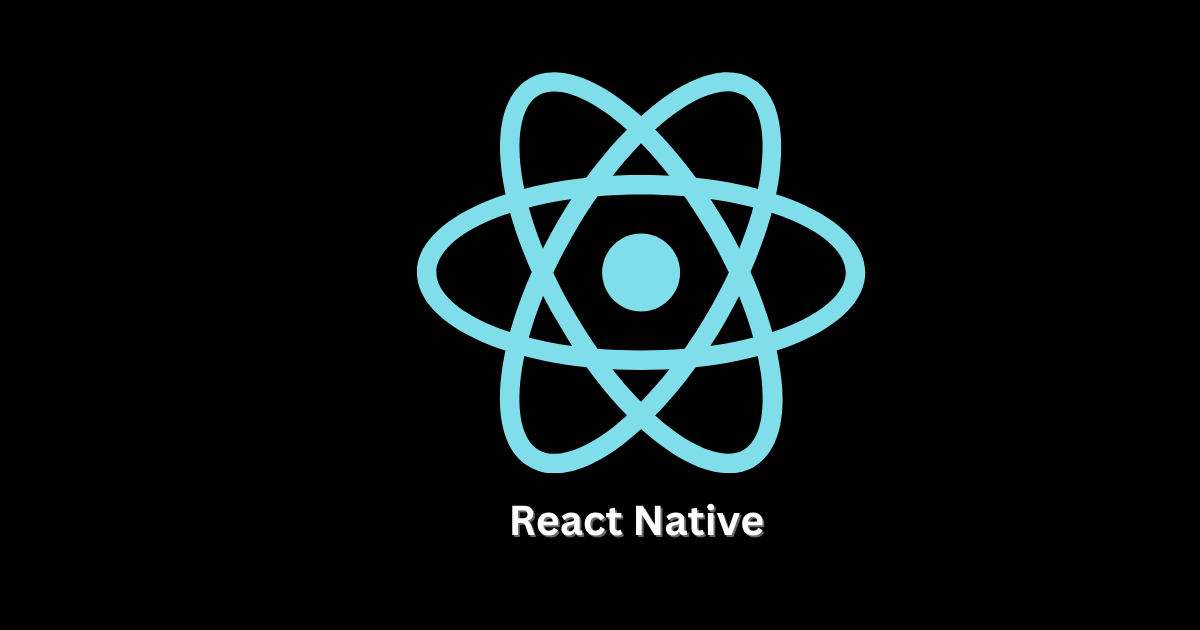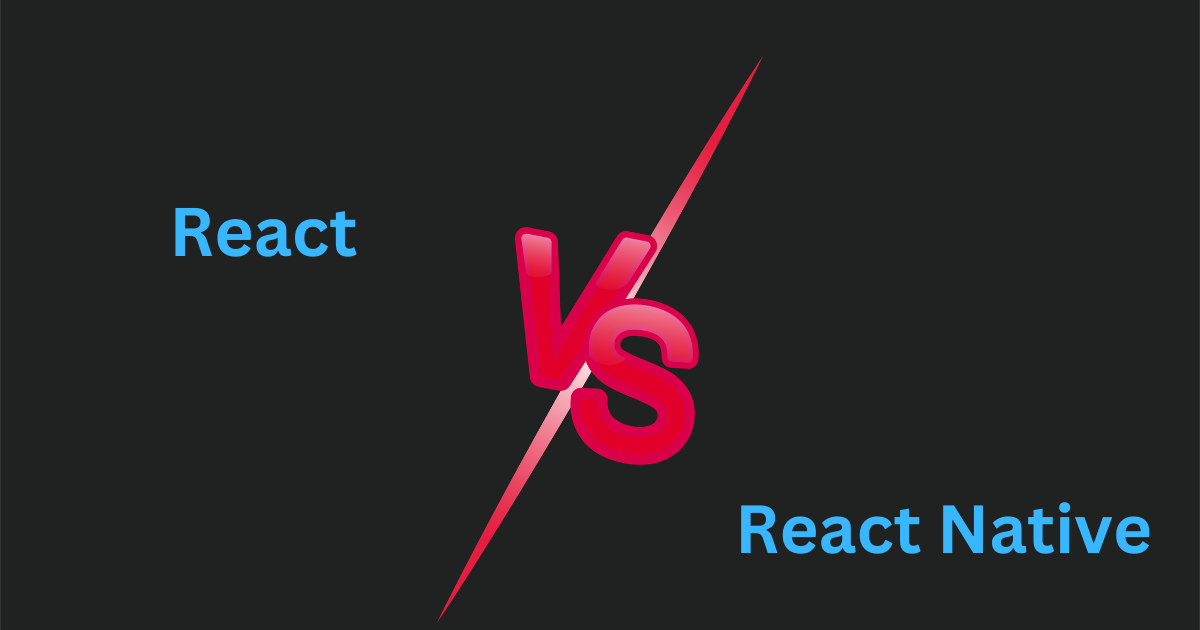React Vs React Native – What’s the Difference?
React Vs React Native
As technology evolves, developers always look for ways to build better applications faster. Regarding creating web and mobile apps, two of the most popular technologies are React and React Native. But in terms of React Vs React Native, what’s the difference between them? Let’s take a closer look at the most searched question, React Vs React Native :
Key Differences of React Vs React Native
React is an open-source JavaScript library developed by Facebook engineers in 2013. It was created to help developers build user interfaces (UIs) for web applications that are both fast and dynamic. React can be used for any web application, from simple websites to complex single-page applications (SPAs).
React Native , on the other hand, is a framework designed specifically for developing native mobile apps using JavaScript and React. Unlike React, which can only be used for web development, React Native allows developers to create native mobile apps that run on Android and iOS devices. In addition to being able to access device features like GPS and camera, React Native also provides developers with access to platform-specific components such as UI elements like buttons and text inputs.
React Vs React Native: Advantages
The most significant advantage that React Native has over other frameworks is its ability to develop high-quality cross-platform applications with a single codebase quickly. This means that developers can create an app once and deploy it across multiple platforms without having to rewrite large chunks of code or write separate versions of the app for each platform—a significant time saver!
What is React?
React is an open-source JavaScript library that helps developers to build user interfaces (UIs). It was launched in 2013 by Facebook. It uses a component-based approach to create custom components that can be combined to form complex UIs.
The library focuses on performance, making it easier for developers to create fast, responsive web applications. It also makes creating interactive elements like buttons or forms simpler. Because of its speed and efficiency, React has become incredibly popular—many high-traffic websites use it for their front-end development needs.
Advantages
1. Faster Development Time
ReactJS helps developers to create dynamic UIs faster than ever before. Its component-based approach allows you to quickly break down complex tasks into simple components that can be reused across different projects. This saves time because you don’t have to start from scratch every time you start a new project. Additionally, the virtual DOM (Document Object Model) allows faster rendering times, which means your users will have a better experience using your website or app.
2. Easy Maintenance
ReactJS makes it easy for developers to maintain their code because it encourages them to write clean and organized code that other developers can easily understand. Additionally, since ReactJS uses modularized and reusable components, any changes made in one component won’t affect other components—which helps to reduce the amount of time spent on debugging and maintenance.
3. SEO Friendly
Search engine optimization (SEO) is an integral part of any website or app’s success—but traditional JavaScript frameworks tend not to perform well regarding SEO. Fortunately, ReactJS is designed with SEO in mind, so it helps improve your visibility in search engines like Google and Bing without sacrificing performance or scalability.
What is React Native? 
React Native is a mobile app development framework that uses the same design principles as React but with native components instead of HTML elements. That means that apps built with React Native will have a more natural look and feel than apps built with other frameworks.
It also allows developers to create cross-platform apps quickly and easily since code written in React Native can be reused across platforms such as Android, iOS, and Windows Phone with minimal modifications. This makes it much easier to develop an app once rather than having to create separate apps for each platform.
Advantages
Simple to Learn
React Native, like ReactJS, is simple to learn. Ultimately, it is founded on the preceding. If you put in the mild to moderate work required to understand React Native, it can be a significant asset to your programming skills.
Cross-Platform Assistance
React Native supports numerous platforms, which is a significant advantage. You must write the code once to deploy it on several platforms.
Solid community backing
React Native has a robust community, so if you get stuck, you will likely find a solution quickly. This can drastically save your development time, and you’re sure to create a solution even if you can’t locate a current solution.
React Vs React Native: What to choose between? 
React Vs React Native: which one is superior? There is typically no direct response to this question. The framework you select must contain all the necessary functionality for your project.
In addition, the ultimate decision will depend on what developers favor or what they think is capable of saving businesses time and money. Both aspects are essential for choosing between the two alternatives. We must recognize that both frameworks offer distinct features and strong support from the development community.
React Vs React Native: Follow these two guidelines as a guide
- React Native is a framework, whereas ReactJS is a component. React Native was developed to complement and interact with ReactJS, which is why React Native was created.
- ReactJS provides a high level of functionality for separating calculations, while React Native gives the overall native capacity for mobile applications. However, each has its restrictions and downsides.
- Understand the benefits and drawbacks of each technology before deciding which would serve you the best.
Developers may say in terms of React vs React native, “They both operate together quite well, so why do you have to select at all?” Both are good for specific projects, yet they complement each other. A dynamic and responsive UI requires the correct framework.
Front-end developers choose tools based on speed and usability. Improving SEO should be one of your ultimate aims if those two are accomplished. ReactJS helps. React Native is a robust framework.
Conclusion:
In short, React vs React native, while both technologies are incredibly helpful in building modern web and mobile applications, have different use cases. If you’re looking to develop a website or an app with a single codebase that works across multiple platforms, then you should definitely consider using React Native.
However, if you’re just looking for an easy way to create fast dynamic UIs for your web application, then React might be a more suitable option. Ultimately the choice will depend on your project requirements, so do your research before making a decision! Good luck!











